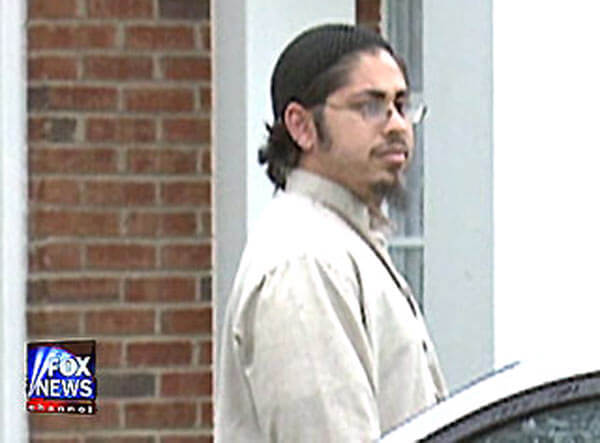By Connor Adams Sheets
With residents hailing from all corners of the globe, even a U.S. drone strike in the northern al-Jawf province of Yemen has direct ties to the country’s most diverse county, and one of the men it left dead first turned toward extremist pursuits after attending a Flushing mosque.
The Sept. 30 missile attack was most noted for the fact that it killed Anwar al-Awlaki, the U.S.-born Muslim cleric long considered one of the world’s top al-Qaeda leaders. But it also took the life of Samir Khan, founding co-editor of the Inspire English-language Web magazine, which publishes articles aimed at inspiring educating jihadists.
Khan’s death was especially intriguing to borough residents, as his family moved from his birthplace of Saudi Arabia to Maspeth in 1993, according to the globaljihad.net database of information on Muslim extremists.
The website said he wore baggy pants and spoke in Americanized slang before he attended a weeklong summer camp at a Flushing mosque that was sponsored by a nonviolent Islamic group, where he befriended members of the radical Islamic Thinkers Society, known for distributing leaflets throughout New York, including Jackson Heights.
A month later, Khan began a blogging career that brought him infamy with its increasingly fringe views and vitriolic content and spurred his parents to move to North Carolina in 2004 in hopes of keeping him away from extreme influences, according to The New York Times.
But he continued to blog and in 2009 he moved to Yemen, where he started Inspire in order to spread what he called “media Jihad.”
Despite their status as world terror leaders, Khan and al-Awlaki were both U.S. citizens, a fact that has spurred heated debate in America about their deaths.
U.S. Rep. Gregory Meeks (D-Jamaica) stood by Obama’s choice to carry out the attack.
“Awlaki was a dual U.S. and Yemeni national. Khan, also a U.S. citizen, had boasted that he was ‘proud to be a traitor to America,’” Meeks said in a statement. “President Barack Obama has rightly called this imminently [sic] successful operation ‘a major blow to al-Qaeda’s most active operational affiliate.’”
But leaders from both ends of the political spectrum have decried the killings as unconstitutional because they believe they deprived U.S. citizens of their rights to trial and other protections.
Jameel Jaffer, deputy legal director for the American Civil Liberties Union, decried the drone strike.
“This is a program under which American citizens far from any battlefield can be executed by their own government without judicial process, and on the basis of standards and evidence that are kept secret not just from the public but from the courts,” Jaffer said in a statement.
NYPD Police Commissioner Raymond Kelly disagreed, saying the attack brought two criminals to justice.
“Reports that [al-Awlaki’s] lieutenant, Samir Khan, was killed in the same strike are also welcome,” he said in a statement. “Khan had extensive contacts in New York City and published the English-language Inspire magazine, which instructed lone wolves on how to build bombs at home, and in the most recent issue identified Grand Central station as a target.”
But Rep. Ron Paul (R-Texas), a Republican presidential candidate, said it would be “sad” if “the American people accept this blindly and casually,” speaking of what he called the “assassination” of al-Awlaki, because “nobody knows if he ever killed anybody,” CBS News reported.
Reach reporter Connor Adams Sheets by e-mail at csheets@cnglocal.com or by phone at 718-260-4538.



































